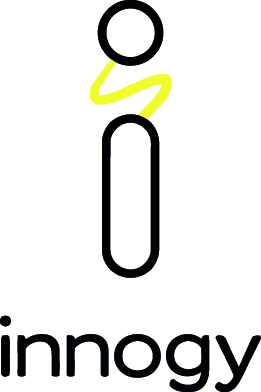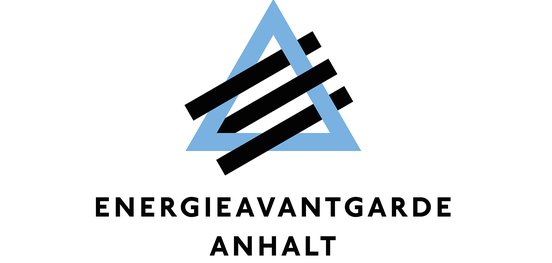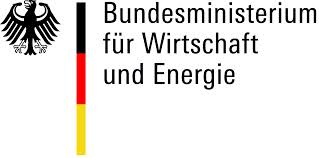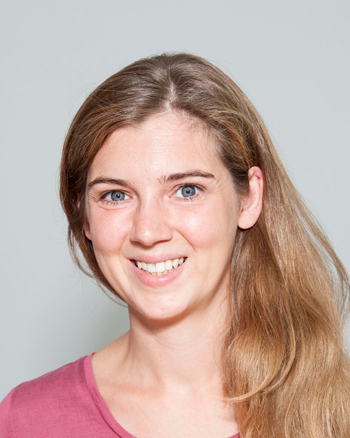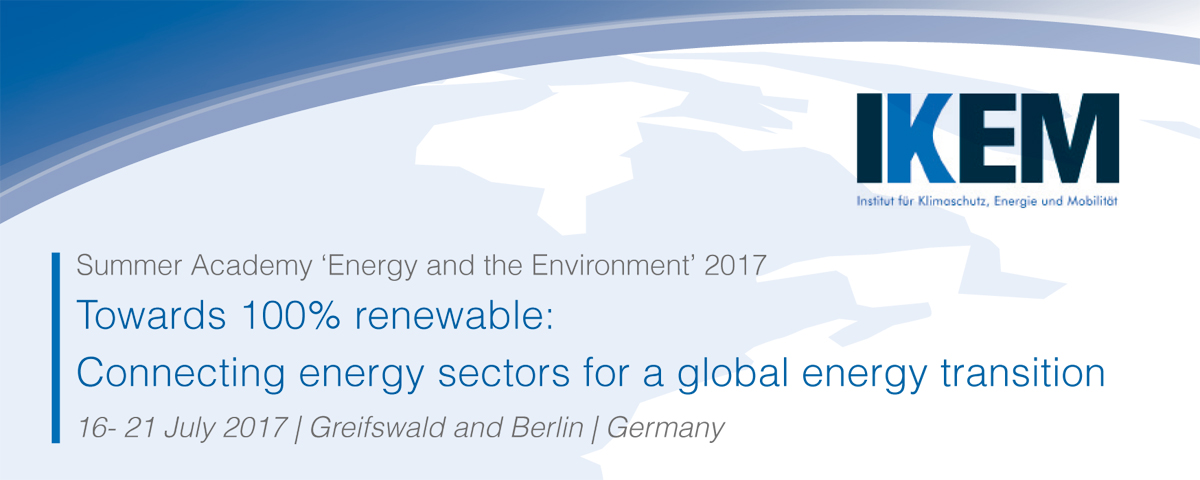
IKEM Summer Academy ‘Energy and the Environment’
16. July 2017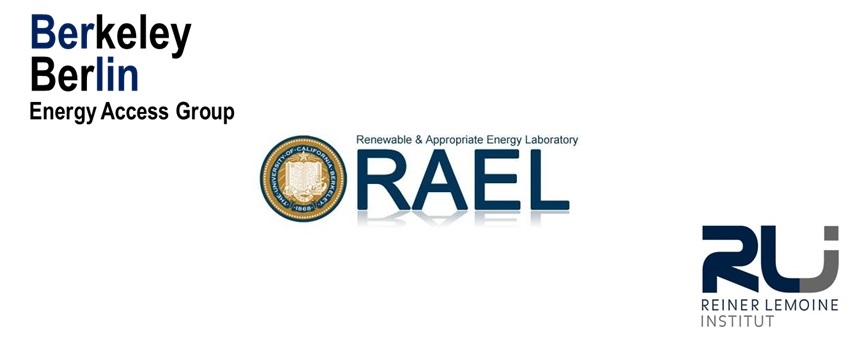
New Initiative for SDG7: Berkeley-Berlin Energy Access Group
4. August 2017oemof_heat
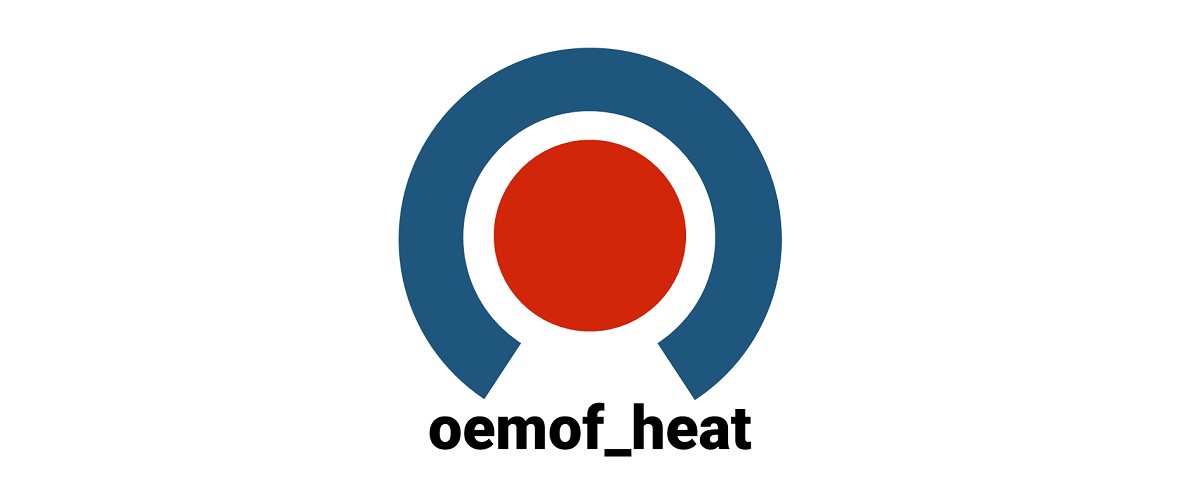
Sector coupling decisive key to integrating Renewable Energy into the energy system
The markets for electricity and heat are growing ever closer together as part of the energy transition. Sector coupling is an important key to the integration of renewable energy into the energy system - for example, by using power-to-heat-technology to use surplus electricity from renewable energy to provide heat. For economic considerations and sustainable investment decisions in particular, it must therefore be possible to consider the sectors together in simulations and optimization calculations. Within the open energy modeling framework (oemof), components for the consideration of heat supply in the energy system have already been modeled in various projects and questions regarding the heat transition have been investigated. The oemof_heat project has continued this and comprehensively implemented the integration of the heat sector into the framework.
New tools for modeling complex heat supply scenarios
The focus of oemof_heat was the modeling of complex heat supply scenarios and power-heat sector coupling in energy system analyses. The possibility of integrating this into the existing open-source oemof tool as a flexible tool was created. The focus in the development of the scenarios was on the supply of space heating and domestic hot water, heat distribution through heating networks, and process heating and cooling applications. Modeling was done with the goal of enabling the mapping of a wide range of heat systems.
oemof_heat - open tools for questions of the heat transition
The work of the oemof_heat project team consisted of characterizing systems, extending existing components, and developing new modular computational modules. In line with the open science philosophy, it relied on the consistent use of open source, open data and appropriate licensing. In addition, intermediate steps and results were published on the OpenEnergyPlatform and discussed with the Open Energy Modeling (openmod) community. In the end, a validated, publicly accessible calculation tool was created, which was already used to optimize, analyze and publish practice-relevant systems in the current project.
Project duration: July 2017 – September 2020
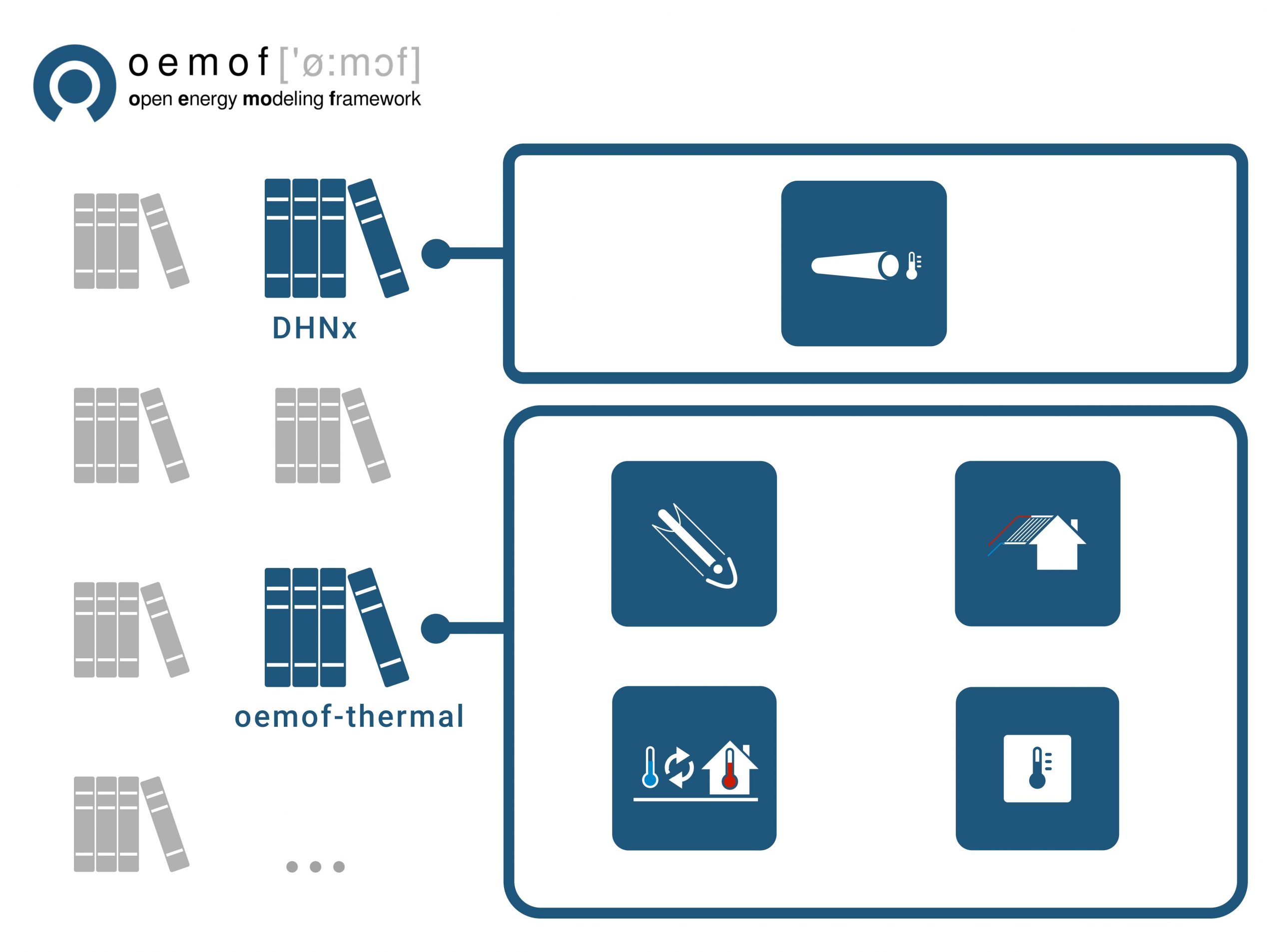
The markets for electricity and heat are growing ever closer together as part of the energy transition. Sector coupling is an important key to the integration of renewable energy into the energy system - for example, by using power-to-heat-technology to use surplus electricity from renewable energy to provide heat. For economic considerations and sustainable investment decisions in particular, it must therefore be possible to consider the sectors together in simulations and optimization calculations. Within the open energy modeling framework (oemof), components for the consideration of heat supply in the energy system have already been modeled in various projects and questions regarding the heat transition have been investigated. The oemof_heat project has continued this and comprehensively implemented the integration of the heat sector into the framework.
New tools for modeling complex heat supply scenarios
The focus of oemof_heat was the modeling of complex heat supply scenarios and power-heat sector coupling in energy system analyses. The possibility of integrating this into the existing open-source oemof tool as a flexible tool was created. The focus in the development of the scenarios was on the supply of space heating and domestic hot water, heat distribution through heating networks, and process heating and cooling applications. Modeling was done with the goal of enabling the mapping of a wide range of heat systems.
oemof_heat - open tools for questions of the heat transition
The work of the oemof_heat project team consisted of characterizing systems, extending existing components, and developing new modular computational modules. In line with the open science philosophy, it relied on the consistent use of open source, open data and appropriate licensing. In addition, intermediate steps and results were published on the OpenEnergyPlatform and discussed with the Open Energy Modeling (openmod) community. In the end, a validated, publicly accessible calculation tool was created, which was already used to optimize, analyze and publish practice-relevant systems in the current project.
Project duration: July 2017 – September 2020

RLI was responsible for the following tasks within the project:
- Definition of practical heat supply systems and scenarios
- Implementation of these systems and scenarios in modeling components and calculation functions
- Special consideration of district heating networks (heat pumps and resistance heaters), solar thermal, heat grids and heat storage systems
- Improvement and development of approaches for modelling thermal energy storages under consideration of different temperature levels
- Simulation and optimization of defined systems and scenarios
- Publication of input data, scenarios, and results on the OpenEnergyPlatform
- Integration of oemof users through documentation, online forums, and workshops
These specific systems were modeled and analyzed:
.- Highly flexible cogeneration for the supply of district heating networks.
- Heating supply of a neighborhood
- Large-scale heat pumps in heat networks
- Solar cooling of a campus building in Oman
- Solar concepts for seawater desalination.
These oemof components were developed:
- Compression heat pump/chiller.
- Absorption chiller
- Stratified thermal storage
- Flat plate collector
- Parabolic trough collector
- District heating network
All results of the oemof_heat project in detail are available here:
.- in various papers:
- two libraries in oemof:
- on oemof_heat
Final report oemof_heat (in German)






